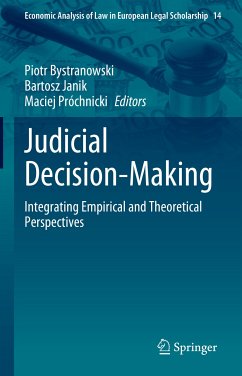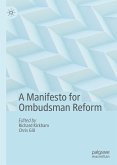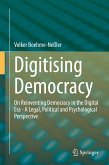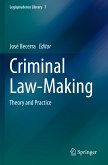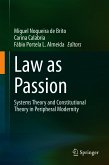This book shares state-of-the-art insights on judicial decision-making from both theoretical and empirical perspectives. It offers in-depth coverage of the forefront of the field and reviews the most important issues and discussions connected with an empirical approach to judicial decision-making. It also addresses the challenges of judicial psychology to the ideal of rule of law and explores the promise and perils of applying artificial intelligence in law. In closing, it offers empirically-driven guidance on ways to improve the quality of legal reasoning.
Chapter "The Challenges of Artificial Judicial Decision-Making for Liberal Democracy" is available open access under a Creative Commons Attribution 4.0 International License via link.springer.com.
Dieser Download kann aus rechtlichen Gründen nur mit Rechnungsadresse in A, B, BG, CY, CZ, D, DK, EW, E, FIN, F, GR, HR, H, IRL, I, LT, L, LR, M, NL, PL, P, R, S, SLO, SK ausgeliefert werden.

